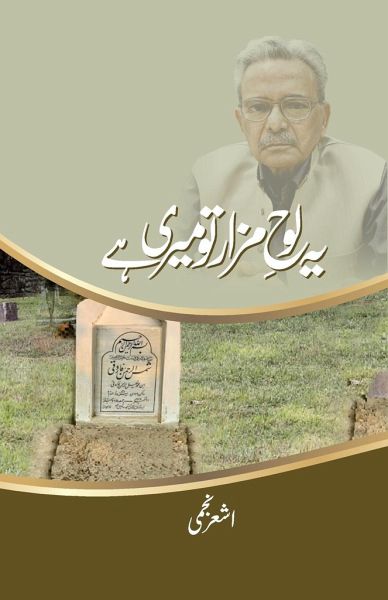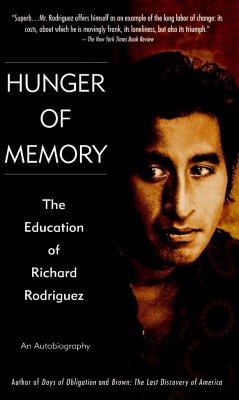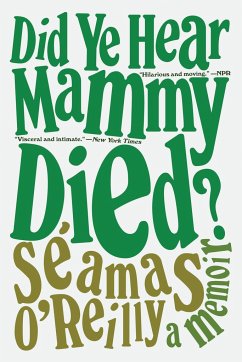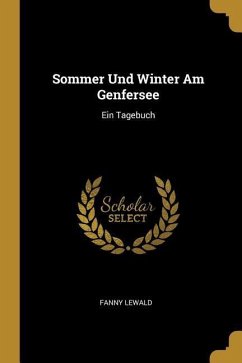Nicht lieferbar

Ye Lauh-e-Mazaar to Meri Hai (Memoir)
Versandkostenfrei!
Nicht lieferbar
Ashar Najmi had been very close to Shamsur Rahman Faruqi. Faruqi had played a pivotal role in success of Najmi's Esbaat, an Urdu literary quarterly launched from Mumbai in 2008. Faruqi not only guided but also morally supported Najmi in this venture, which seemed like a bad decision at the outset as Urdu literary magazines were already losing market and interest of the readers fast, both in India and Pakistan. But Najmi successfully carved out a place for himself and his magazine in literary world. Unfortunately, jealousies and rampant behind-the- scene literary politics caused to sour the ass...
Ashar Najmi had been very close to Shamsur Rahman Faruqi. Faruqi had played a pivotal role in success of Najmi's Esbaat, an Urdu literary quarterly launched from Mumbai in 2008. Faruqi not only guided but also morally supported Najmi in this venture, which seemed like a bad decision at the outset as Urdu literary magazines were already losing market and interest of the readers fast, both in India and Pakistan. But Najmi successfully carved out a place for himself and his magazine in literary world. Unfortunately, jealousies and rampant behind-the- scene literary politics caused to sour the association between the two. Faruqi was displeased and Najmi was disillusioned. The ties between the two were snapped and then Esbaat closed down, though only to be launched again. Years later, when Najmi heard that Faruqi was suffering from Covid-19, he resumed the ties by contacting Faruqi by phone, who responded in his usual frank style. So the friendship seemed to restart, but it was not to be and Faruqi bid this mundane world farewell for his heavenly abode. Najmi has sentimentally described how his love of reading led him to Faruqi's works and how he fell deeply in with Faruqi. Najmi's 160-page impressions titled Ye Lauh-i-Mazar To Meri Hai (This Tombstone is mine), the readers come to comprehend India's literary scene, literary groups and their rivalaries during the last few decades or so, especially the literary feuds between Gopi Chand Narang and Shamsur Rahman Faruqi. This publication is absolutely must-reads for anyone who wants to carry out research or write on Faruqi or somone who just wants to have and idea what great contributions this literary giant has made. (Rauf Parekh)











